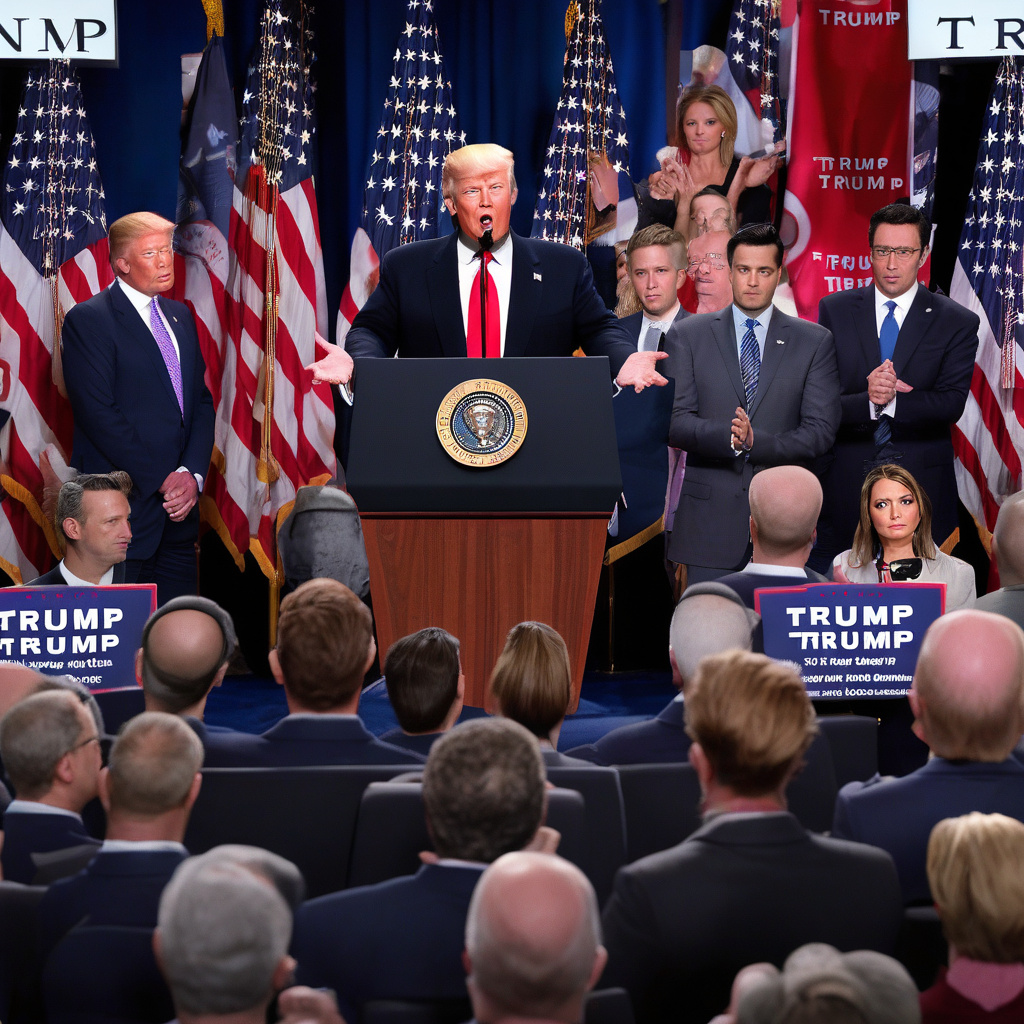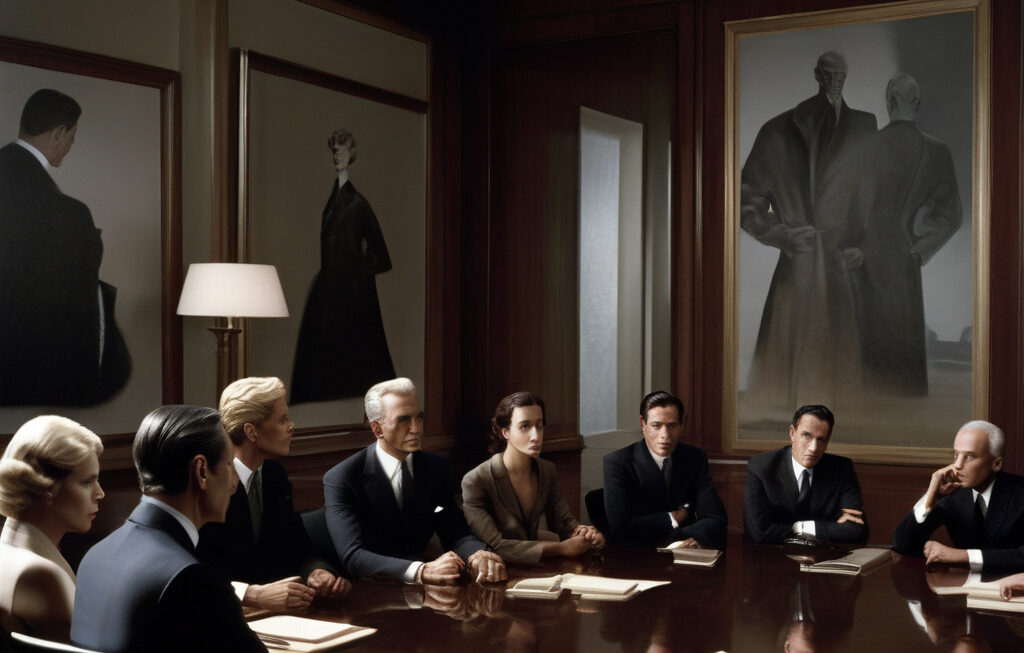Trump Dismisses Signal Leak, Stands Firm in Support of Waltz
In the realm of politics and national security, the delicate balance between transparency and confidentiality is constantly under scrutiny. The recent Signal leak involving national security adviser Mike Waltz has once again brought this issue to the forefront, igniting a firestorm of controversy and debate. The leak, which occurred when Waltz inadvertently added journalist Jeffrey Goldberg to a Signal group chat discussing military plans for Yemen, has sparked sharp criticism from Democrats. However, amidst the chaos and finger-pointing, one prominent figure has remained steadfast in his support: former President Donald Trump.
Trump’s unwavering support for Waltz in the wake of the Signal leak has raised eyebrows and drawn both praise and condemnation from various quarters. While some see Trump’s stance as a show of loyalty and solidarity with his allies, others view it as a dismissive and reckless disregard for the potential implications of the leak. Regardless of one’s political leanings, it is evident that Trump’s vocal support for Waltz has added an intriguing layer of complexity to an already convoluted situation.
The implications of the Signal leak are far-reaching and multifaceted. On one hand, the incident raises serious concerns about the security protocols and practices within the highest echelons of government. The inadvertent exposure of sensitive military plans in a messaging app group chat underscores the need for greater vigilance and caution in an era where digital communication is ubiquitous and instantaneous. The fact that a journalist was privy to such confidential information highlights the potential risks of human error and the challenges of maintaining secrecy in an increasingly interconnected world.
On the other hand, the fallout from the Signal leak has also reignited debates about the role of the media in national security matters. While journalists play a crucial role in holding those in power accountable and ensuring transparency, incidents like this raise questions about the boundaries of journalistic ethics and the fine line between investigative reporting and compromising sensitive information. The inclusion of Jeffrey Goldberg in the Signal group chat has put a spotlight on the sometimes murky intersection of journalism and national security, prompting soul-searching and introspection within both professions.
In the midst of this maelstrom, Trump’s vocal support for Waltz stands out as a bold and controversial move. By standing by his former adviser in the face of criticism and backlash, Trump is sending a clear message of loyalty and solidarity to his inner circle. However, his detractors argue that this unwavering support may come at the cost of undermining the seriousness of the Signal leak and the potential ramifications it may have for national security and diplomatic relations.
As the dust settles and the repercussions of the Signal leak continue to reverberate, one thing is certain: the intersection of politics, national security, and media ethics is a complex and treacherous terrain. The fallout from this incident serves as a stark reminder of the fragility of confidentiality in the digital age and the high stakes involved in safeguarding sensitive information. It also underscores the need for greater vigilance, accountability, and transparency in matters of national security and public interest.
In the end, the Signal leak and its aftermath will likely serve as a cautionary tale for those in positions of power and influence. As the spotlight shifts and the news cycle moves on to the next headline, the lessons learned from this episode should not be forgotten. Only time will tell how history will judge the events surrounding the Signal leak and the responses of those involved, but one thing is certain: the reverberations of this incident will be felt for a long time to come.
Trump, Signal leak, Mike Waltz, national security, journalism











